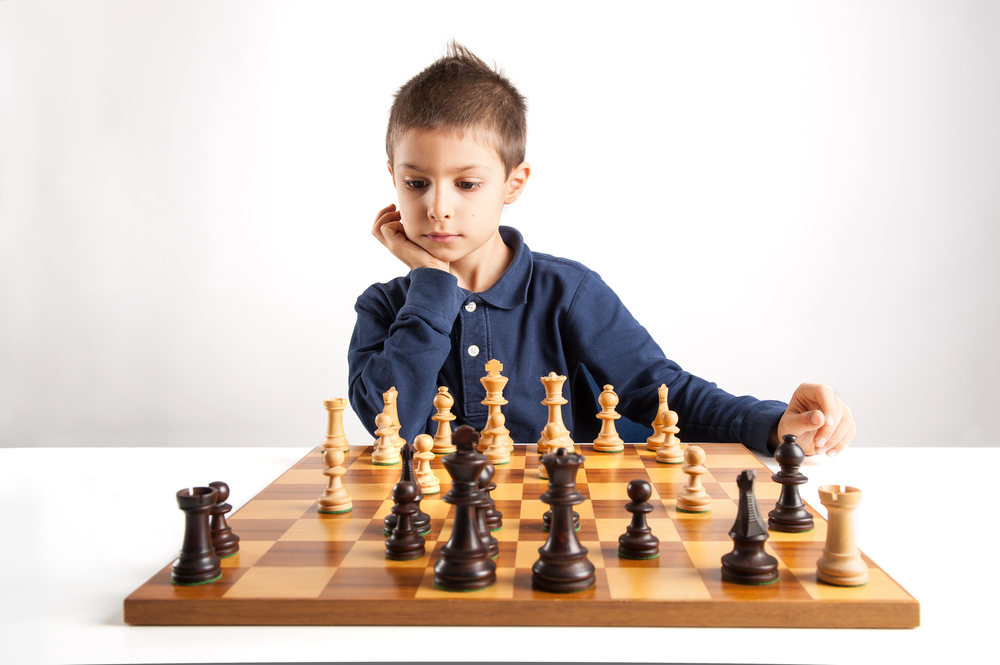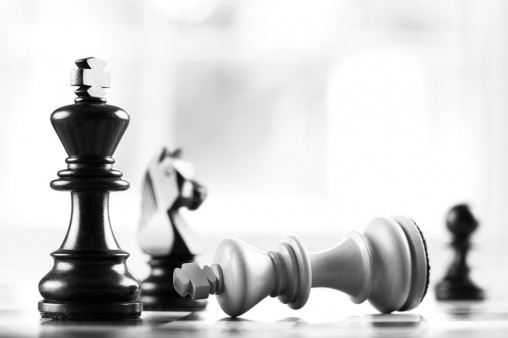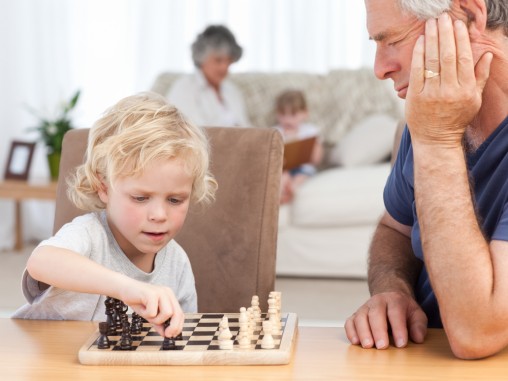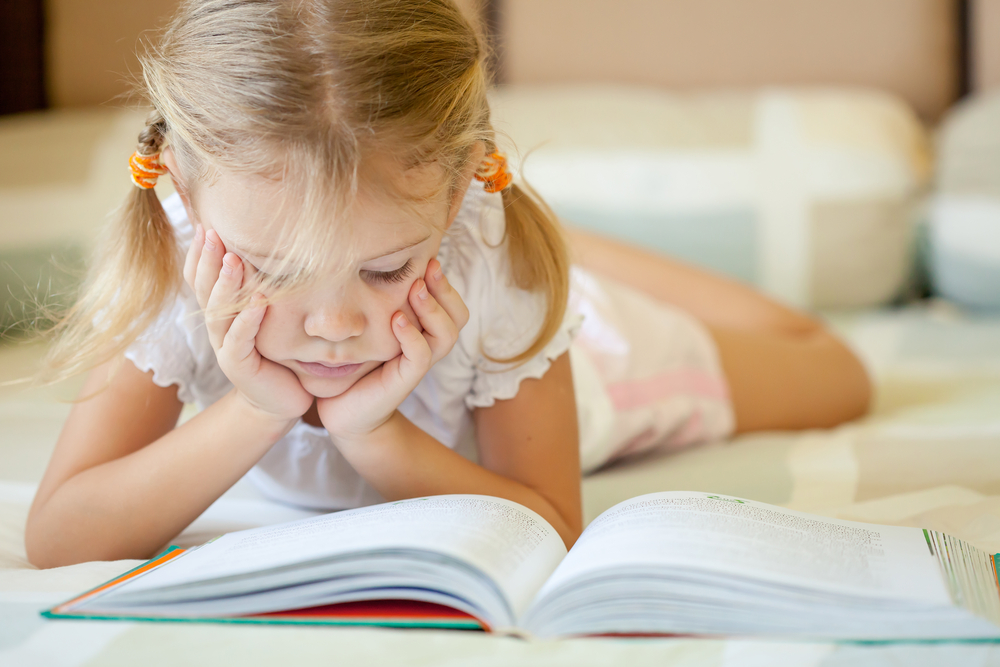Thinking back to my introduction to the game of chess takes me back to a wet and blustery day and being cooped up inside whilst the weather raged around the house. Learning to play chess, to me, was something of a right of passage.
From losing my King to a series of ill thought through moves I progressed one day to beat my father. The frustrating losses are concrete memories of a stern lesson in what it means to be a good loser. After sulking or throwing chess pieces over the floor, my mother took me to one side and sternly instilled in me the importance of losing graciously, a conversation I remember to this day. I will never know whether or not my father eventually allowed me to be victorious, but the sense of achievement remains. Whilst it has been many years since I have played chess, I had very few associations with it at school.
Whilst we played the odd game with a dilapidated set with missing pieces during wet play at school, it remained more of a Sunday game played just before lunch was served. I rather liked the extra thinking time that my Dad’s departures to check the potatoes or to stir the gravy gave me.
At the time, I never really thought about what I was learning. Yet, the educational benefits of chess are becoming more and more widely recognised, with the added benefit that children don’t even realise that they are learning! Whilst chess is increasingly available in schools, and in a slightly more structured way than our old wet play set, with extra-curricular clubs supervised by staff; it remains a patchy pursuit with only one in ten state school pupils given the opportunity at school. Former president of the Association of Teachers and Lecturers, Hank Roberts, has called for all pupils to be given access to compulsory chess lessons for at least a term, so important he considers the benefits to be. The chess columnist for the Telegraph newspaper and chief executive of Chess in Schools and Communities, Malcolm Pein, has also called for wider access to chess.
All children should have the opportunity to play chess for one hour a week at primary school. Chess can improve concentration, numeracy and ability in problem solving, but it also helps social development”¦Children have to take turns; they learn how to lose as well as how to win; and we make sure every game starts and ends with a handshake.
Chess in Schools and Communities is an external provider which can be accessed by schools without the skills or time to provide access to chess themselves. Not only do they provide weekly visits from a chess tutor with all the equipment, teaching aids and lesson plans but they can also train staff within schools as well as provide access to a nationwide community and a national competition. As schools’ and teachers’ time is spread increasingly thinly, this is a fantastic way to bring the expertise in from outside. For parents and children whose schools are not part of this new initiative, they can access the online community through http://yes2chess.org/uk/
However, it is not only amongst schools that the importance of chess is being recognised. There has always been a long held association between chess and the intelligence services with its focus on strategy, memory and foresight but now it is entering the field of mainstream politics. The British parliament is now promoting it within Westminster with MP Maria Eagle explaining the connection between chess and politics:
They are both “battles” between you and your opponent, both of whom are trying to win, and it “teaches you how to think in a particular way”.
It seems you are never too old to reap the benefits of this age old strategy game. Whether child or adult it can have enormous educational benefits marking it out as a great game to play with your child. But beware, your child will pounce if you show any signs of distraction whether it be checking your phone or stirring the gravy for Sunday lunch!















